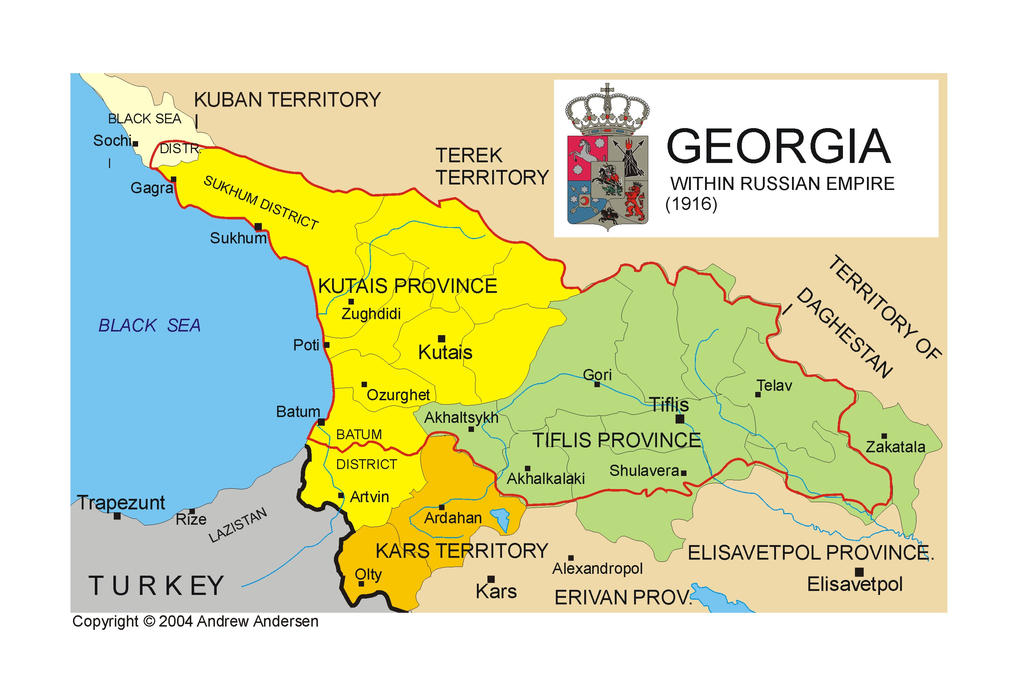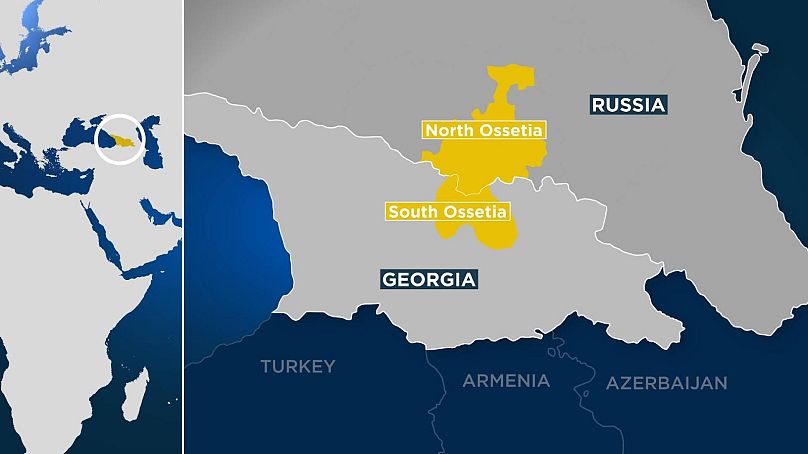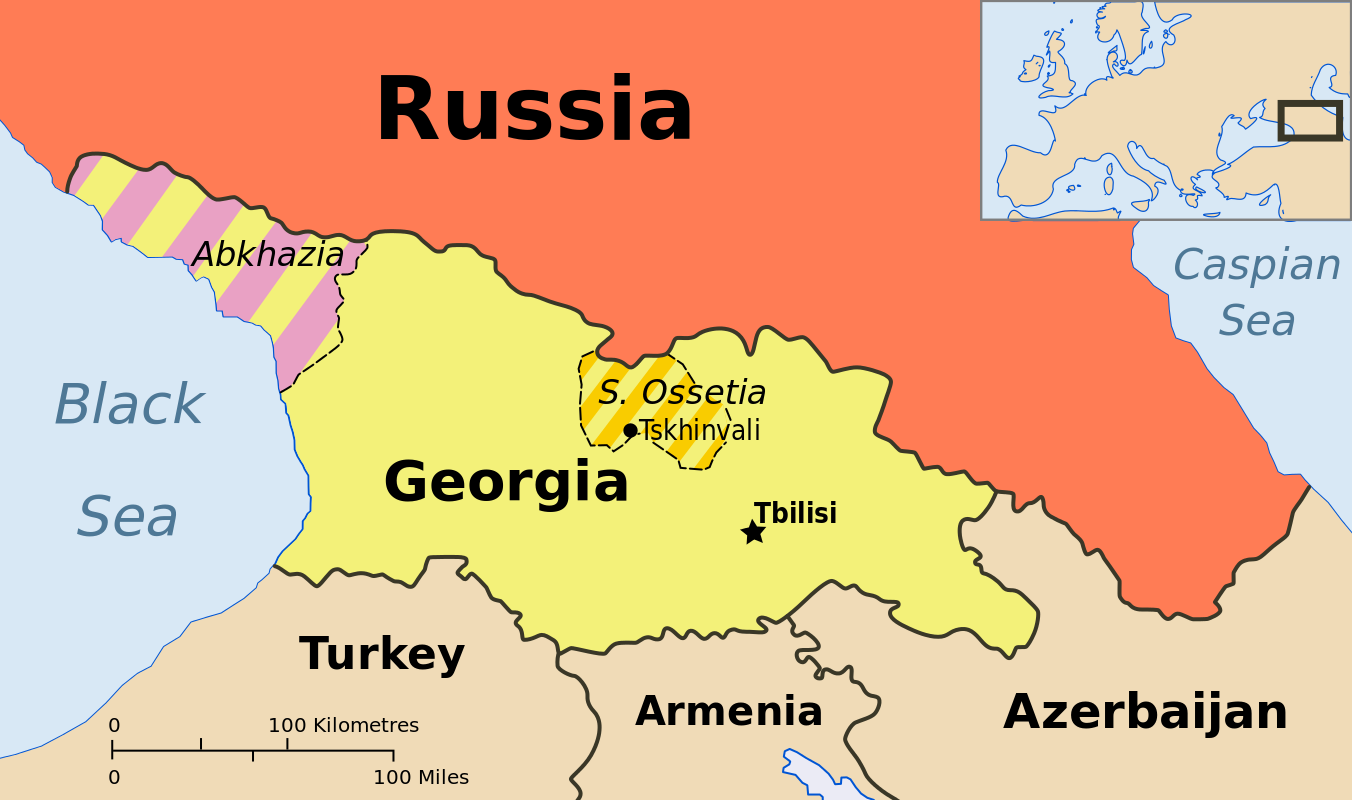The Complexities Of Georgia And Russia: A Geographical And Historical Perspective
By admin / July 20, 2024 / No Comments / 2025
The Complexities of Georgia and Russia: A Geographical and Historical Perspective
Related Articles: The Complexities of Georgia and Russia: A Geographical and Historical Perspective
Introduction
With great pleasure, we will explore the intriguing topic related to The Complexities of Georgia and Russia: A Geographical and Historical Perspective. Let’s weave interesting information and offer fresh perspectives to the readers.
Table of Content
The Complexities of Georgia and Russia: A Geographical and Historical Perspective

The relationship between Georgia and Russia is a complex tapestry woven from historical ties, political tensions, and geographical proximity. Understanding this relationship requires delving into the historical context, the geographical realities, and the ongoing political dynamics.
A Shared History and a Contested Present
Georgia and Russia share a long history, marked by periods of close cooperation and bitter conflict. For centuries, Georgia was a buffer state between the Russian Empire and the Ottoman Empire, experiencing periods of both independence and Russian influence. The Russian Empire formally annexed Georgia in 1801, integrating it into the Caucasus region. This annexation, however, was met with resistance from Georgian nationalists, who sought to preserve their cultural and political autonomy.
The collapse of the Soviet Union in 1991 brought about Georgia’s independence, but this newfound freedom was short-lived. The two countries engaged in a series of conflicts, most notably the 2008 Russo-Georgian War, which saw Russia recognize the independence of the breakaway regions of Abkhazia and South Ossetia. This conflict, fueled by territorial disputes and political disagreements, has left lasting scars on the relationship between the two countries.
A Look at the Map: Geographical Proximity and Shared Borders
The geographical proximity of Georgia and Russia is a crucial factor in their relationship. Georgia is located in the Caucasus region, bordering Russia to the north. The two countries share a border that stretches for approximately 723 kilometers, encompassing the Greater Caucasus mountain range. This proximity has historically facilitated trade and cultural exchange, but it has also contributed to political and military tensions.
The presence of the disputed territories of Abkhazia and South Ossetia adds another layer of complexity to the geographical dynamic. These regions, located in the northwest and south-central parts of Georgia, have declared independence from Georgia, but their claims are only recognized by Russia. The presence of Russian troops in these territories, coupled with the ongoing territorial disputes, serves as a constant reminder of the unresolved conflicts between the two countries.
Beyond the Map: Understanding the Political Landscape
The current political landscape between Georgia and Russia is characterized by a delicate balance of cooperation and confrontation. While the two countries maintain diplomatic relations, their interactions are often strained by mutual mistrust and political disagreements.
Georgia’s aspiration to join NATO and the European Union has further aggravated tensions with Russia, which views these aspirations as a threat to its security interests. Russia’s military presence in Abkhazia and South Ossetia, along with its continued support for separatist movements in these regions, further complicates the political landscape.
The Importance of Dialogue and Cooperation
Despite the ongoing challenges, there are compelling reasons for Georgia and Russia to engage in constructive dialogue and cooperation. The two countries share a common history, a shared geographical space, and a common interest in regional stability.
Economic cooperation, particularly in the fields of trade and energy, offers significant potential for mutual benefit. Collaboration in areas such as infrastructure development, environmental protection, and cultural exchange can foster understanding and build trust between the two nations.
FAQs: Addressing Key Questions
1. What is the current status of the relationship between Georgia and Russia?
The relationship is currently marked by political tension and mistrust, stemming from the 2008 war and the ongoing territorial disputes. However, there are also efforts towards economic cooperation and cultural exchange.
2. What is the role of the disputed territories of Abkhazia and South Ossetia in the relationship between Georgia and Russia?
These territories are a major point of contention, with Russia recognizing their independence while Georgia maintains its claim over them. The presence of Russian troops in these regions serves as a constant reminder of the unresolved conflicts.
3. What are the implications of Georgia’s aspirations to join NATO and the European Union for its relationship with Russia?
Russia views these aspirations as a threat to its security interests and has expressed strong opposition. This has led to further political tensions and increased military activity by Russia in the region.
4. Are there any potential areas for cooperation between Georgia and Russia?
Yes, economic cooperation, particularly in the fields of trade and energy, offers significant potential. Collaboration in areas such as infrastructure development, environmental protection, and cultural exchange can also be beneficial.
5. What is the future outlook for the relationship between Georgia and Russia?
The future of the relationship remains uncertain. The ongoing conflicts and political tensions present significant challenges, but there is also potential for dialogue and cooperation. The outcome will depend on the ability of both countries to find common ground and address their shared concerns.
Tips for Understanding the Complexities
- Engage with diverse perspectives: Seek out information from a variety of sources, including Georgian, Russian, and international perspectives.
- Explore historical context: Understanding the historical relationship between Georgia and Russia is crucial for comprehending the current dynamics.
- Follow developments closely: Keep abreast of current events and political developments in both countries.
- Consider geographical factors: The shared borders and the presence of disputed territories have a profound impact on the relationship.
- Promote dialogue and cooperation: Encourage efforts to foster understanding, cooperation, and peaceful resolution of conflicts.
Conclusion: Towards a More Stable Future
The relationship between Georgia and Russia is a complex and multifaceted one, marked by historical ties, geographical proximity, and political disagreements. While the path forward is uncertain, there is a need for both countries to engage in dialogue, address their shared concerns, and explore areas of cooperation. Finding common ground and building trust will be essential for achieving a more stable and prosperous future for both nations.








Closure
Thus, we hope this article has provided valuable insights into The Complexities of Georgia and Russia: A Geographical and Historical Perspective. We appreciate your attention to our article. See you in our next article!